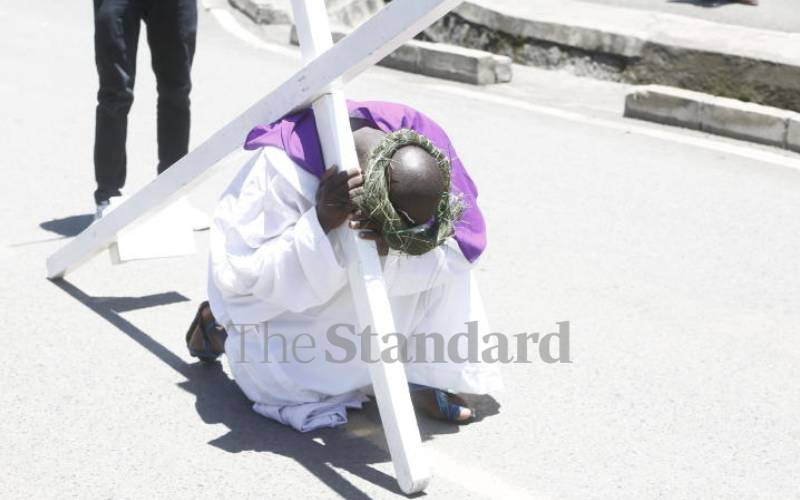
On the day Jesus Christ died on the cross, many Kenyans were on Good Friday in a sombre mood not only because of this commemoration but also a sad realisation they have nothing to celebrate his rising from the dead, three days later.
For Easter festivities come with pomp, carefree spending, like during Christmas, often the mark of the weekend's success. People travel to the countryside in their numbers, relatives meet over barbecue for the first time since New Year and beaches and other enjoyment places teem with profligate merrymakers.